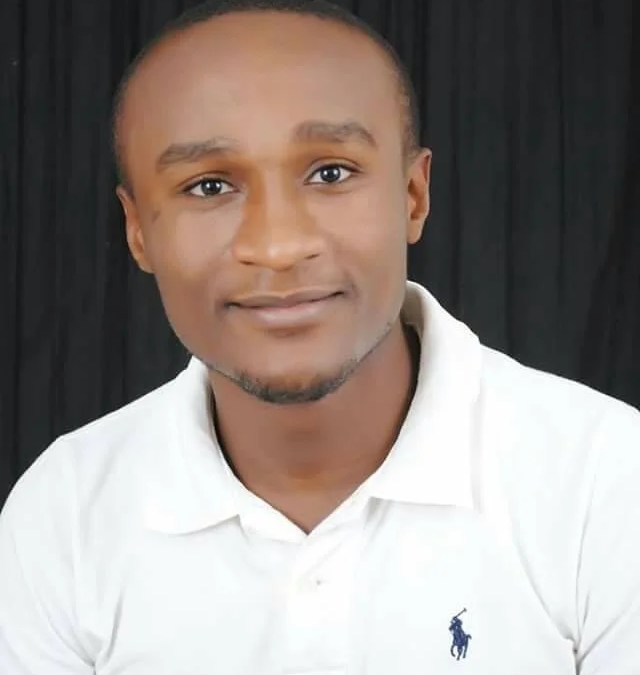TABLE TALK
“Poetry is imperfect and it’s that imperfection that makes poetry beautiful” – Interview with Okwudili Nebeolisa
We recently met up with Okwudili Nebeolisa, a heavily-decorated Nigerian writer. His manuscript, “Country” was one of the final shortlisted entries for the Sillerman First Book Prize for African Poets in 2016.
That same year, Nebeolisa was shortlisted for the Writivism Prize for Poetry-in-Translation and earned a coveted selection for the Ebedi Writers Residency. We discussed his beginnings, influences, abandoned projects, creative process and momentary feelings of despair. Enjoy.
Okwudili Nebeolisa
Photo accessed via Facebook
“But then, I found out that much about poetry is imperfect and it’s that imperfection that makes poetry beautiful.”
Do you want a sneak peek into our latest issue?
Let’s send a copy to your mail right away!





Recent Comments